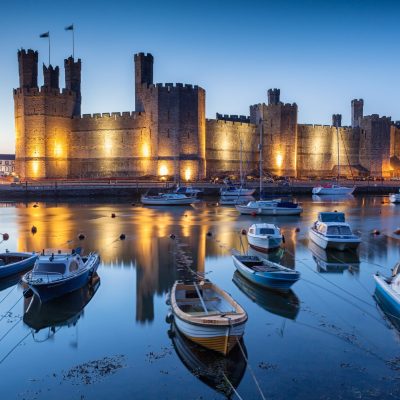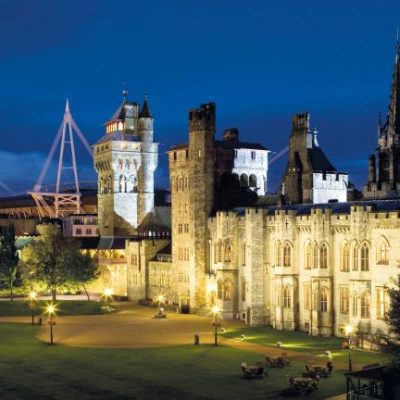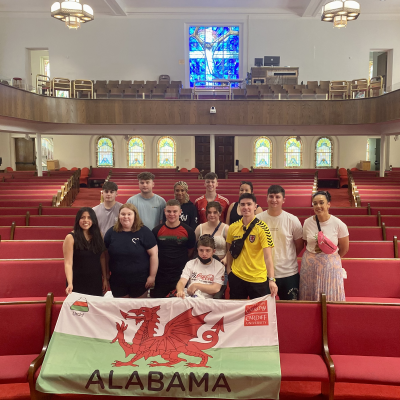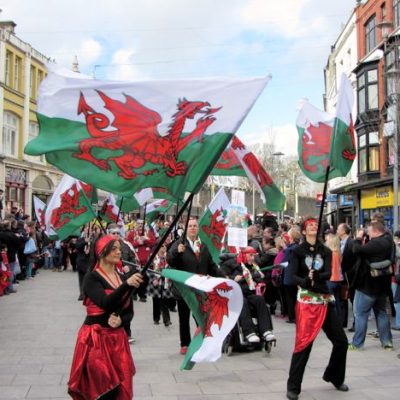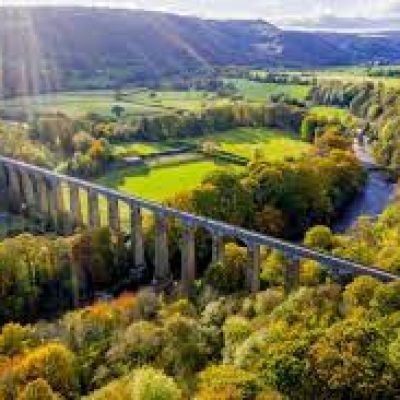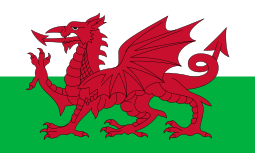
Overview
Wales is a country with distinctive traditions, heritage and culture. It is known as a land of song and a country steeped in myth and legend, which, when you see the awe-inspiring landscape, is no surprise.
Learn more about Wales here: https://www.visitwales.com/info/introduction-wales
Locale Information
With rolling hills, dramatic mountains, hundreds of castles, cascading waterfalls, rare flora and fauna and a coast path that runs along the entire coastline of the country, in Wales - beauty is everywhere. Cities are compact and towns bustling with community life.
Economy
Wales is a country of rich variety. Things are rarely the same from one mile to next as you travel through its ever-changing landscapes.
There is great diversity in industry too, from global players in Life Sciences and Tech, to pioneers in Renewable Energy and Tourism. Wales is known for its workforce expertise and for building strong links between higher education and industry.
- Life sciences
- Fintech services
- High value manufacturing
- Compound semiconductors
- New composites manufacturing
- Digital
- Energy efficiency
- Renewables
Fun Facts
-
Tourist Places
Wales is often called the castle capital of the world. With over 600 sites remaining, Wales has more castles per square mile than any other country in Europe. Most can still be visited (and you can even stay in some of them).
-
Climate
Wales’ weather is mild and variable - with average temperatures of around 20°C (68°F) in summer, and 6°C (43°F) at low altitude in the winter months.
The weather is very similar to the rest of the UK and Ireland, which means it can be wet from time to time and can be cloudy and sometimes windy. Spring and summer are usually pleasantly warm and dry, while autumn is windy and rainier and winter is cold, icy and sometimes snowy, especially in mountainous and hilly areas. -
Sports
Rugby is the national sport here; the Welsh are known globally for their skill in the game and compete in the Six Nations and the Rugby World Cup. In recent years, the Welsh national men's football team have also done well internationally - they reached the semifinals in the UEFA Euro 2016 championship and qualified for the 2022 FIFA World Cup.
-
Local Meal
Welsh cuisine encompasses the cooking styles, traditions and recipes associated with Wales. While there are many dishes that can be considered Welsh due to their ingredients and/or history, dishes such as cawl, Welsh rarebit, laverbread, Welsh cakes, bara brith and Glamorgan sausage have all been regarded as symbols of Welsh food.
Cawl is a Welsh dish. In modern Welsh the word is used for any soup or broth; in English it refers to a traditional Welsh soup. Historically, ingredients tended to vary, but the most common recipes are with lamb or beef with leeks, potatoes, swedes, carrots and other seasonal vegetables.
With recipes dating back to the fourteenth century and prehistoric culinary roots, cawl is widely considered to be the de facto national dish of Wales.


